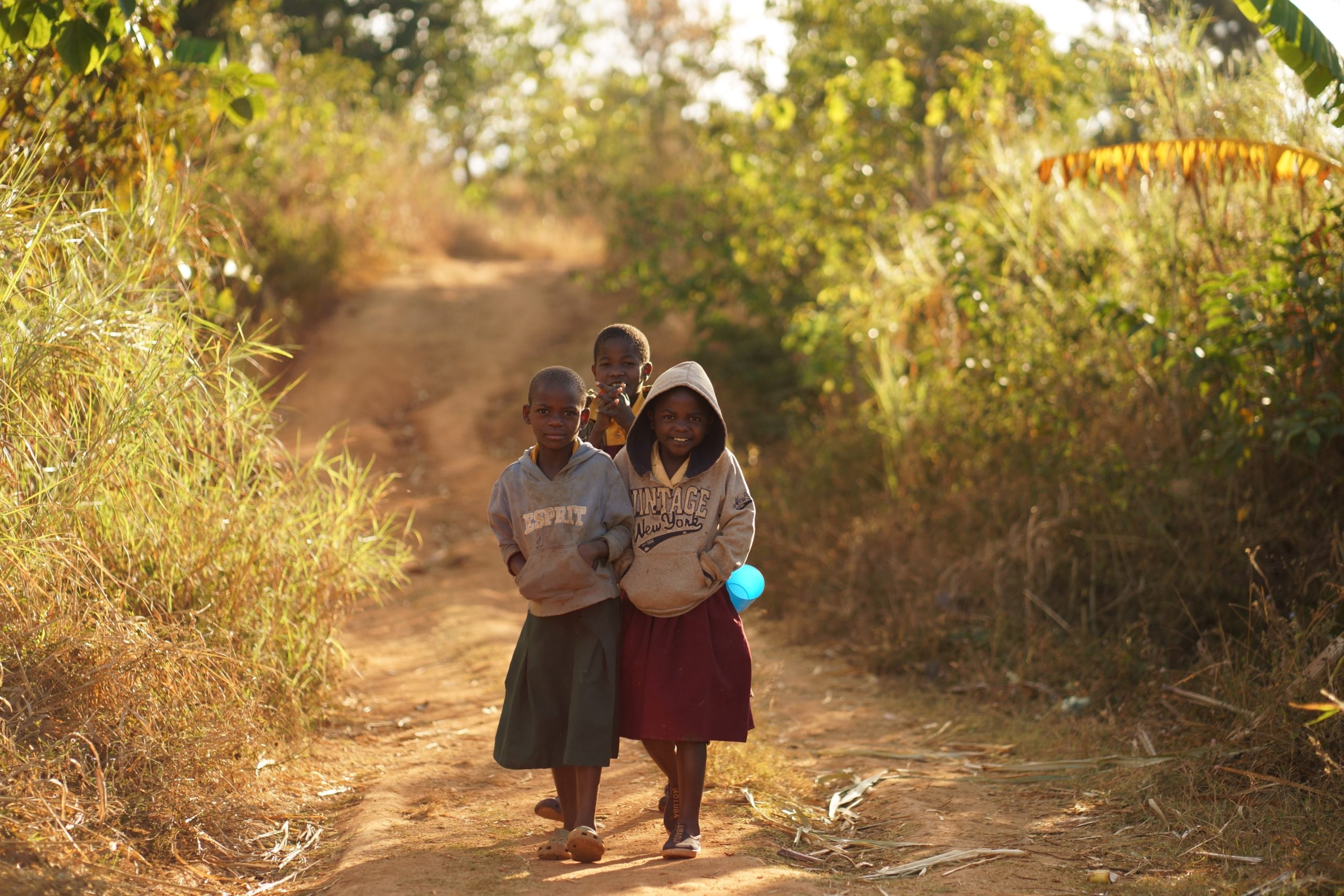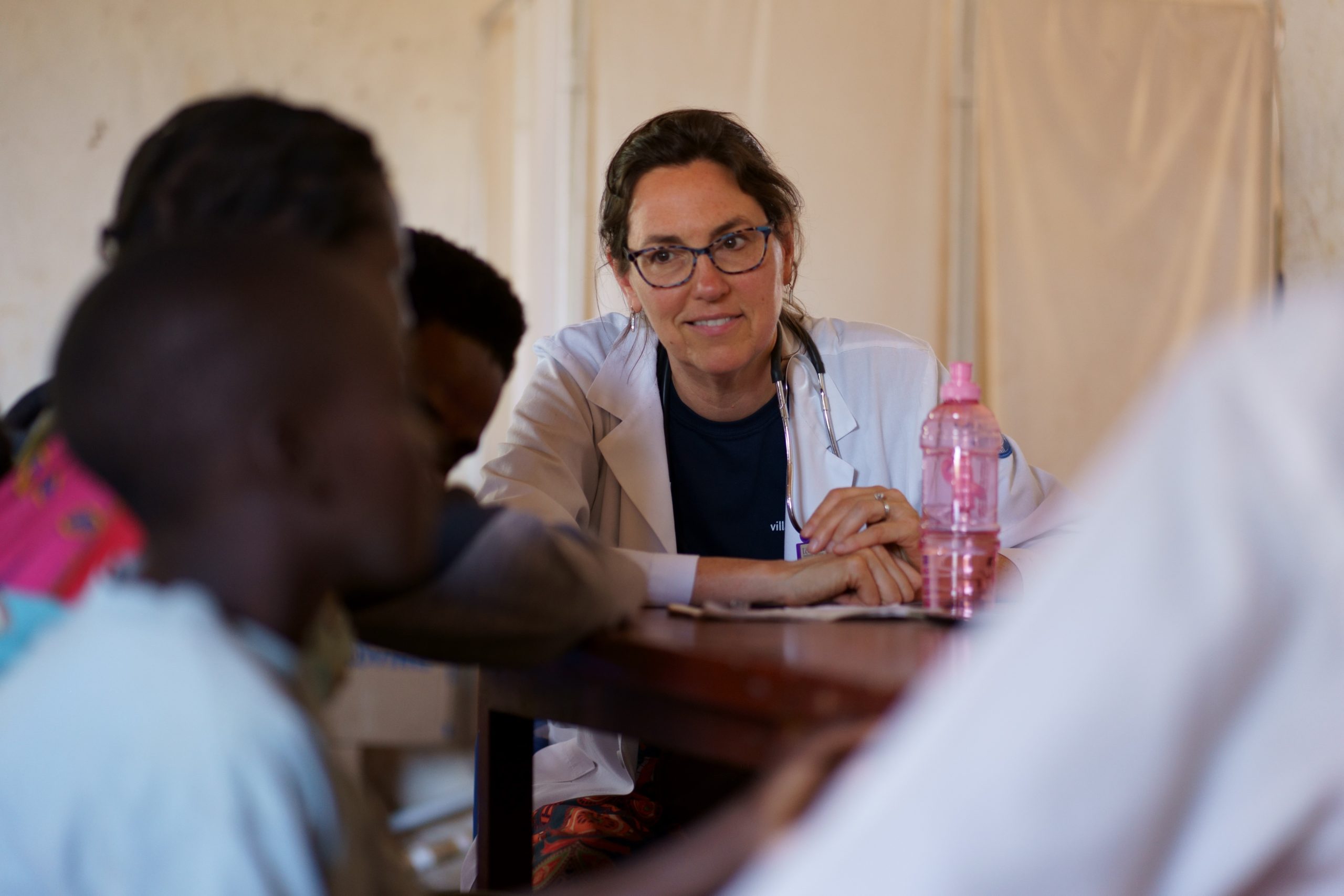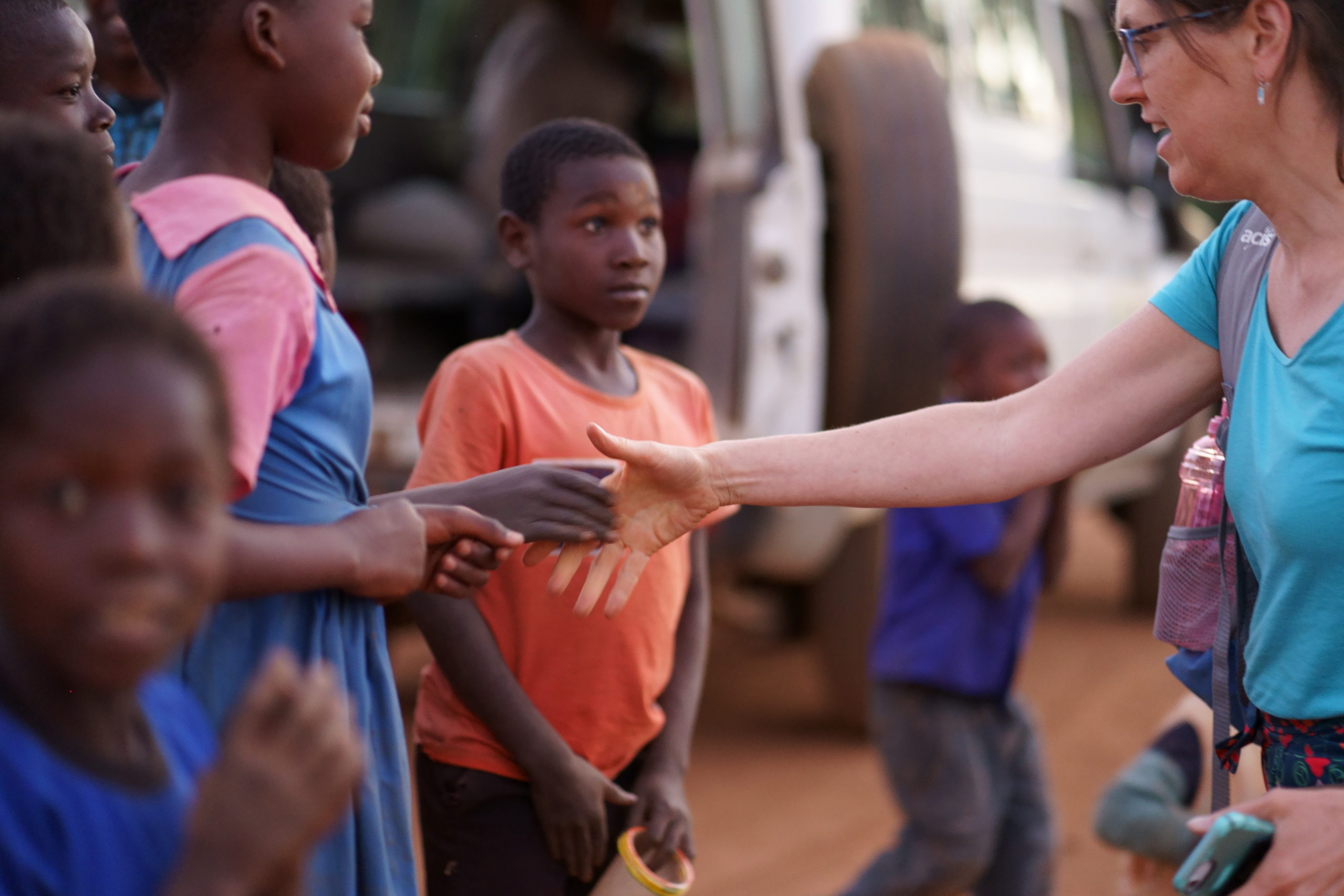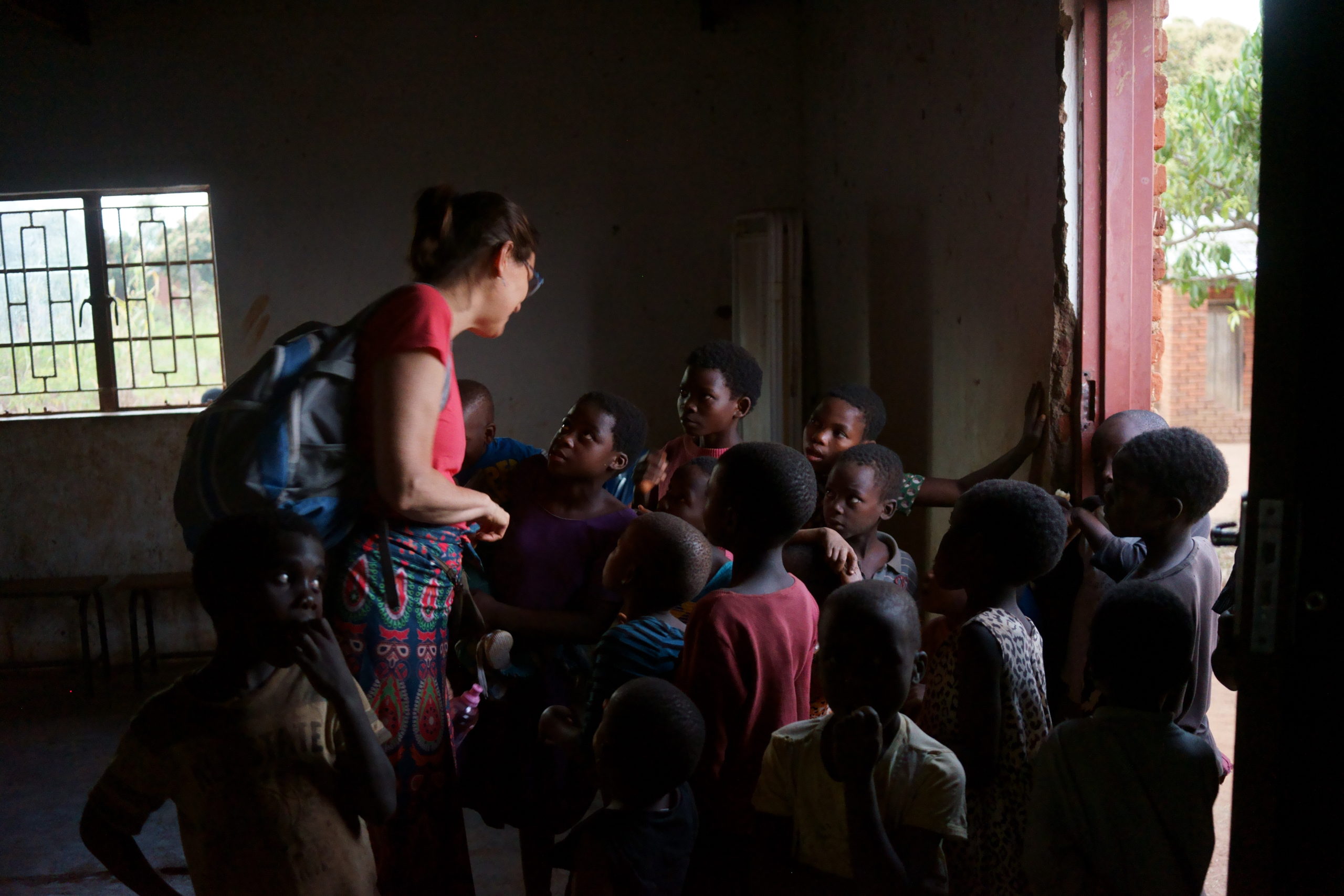
This past July I volunteered with Villages in Partnership (VIP) on a second medical mission trip to Malawi, Africa. I went as part of a team of 26 Americans and over 50 Malawians; a combination of physicians, dentists, nurse practitioners, nurses, nursing students and community workers who set up 3 pop up clinics in remote rural villages without electricity or running water. I was a bit nervous before I left on the trip but once I arrived, I was so delighted to be there! The people of Malawi are incredibly warm and inviting and we were greeted with enthusiasm and open arms.

One of the best parts of the trip was being surrounded by children. Over 45% of Malawians are under the age of 15 so there were children everywhere. (1) During the clinics many of the patients were children too. We saw children with malaria, upper respiratory infections, gastrointestinal infections and rashes. I learned that worms were a common cause of persistent vomiting in children and that any child with malaria was also at risk for getting a bacterial bronchitis. We saw children with burns from falling into cooking fires while playing, children with epilepsy who struggled to get medications to keep from having seizures and children born with HIV who were maintained on HIV medications.

I saw one child who had developed a partial paralysis after a viral infection. She was 2 but had never learned to walk or crawl because she was weak from the waist down. With the help of the VIP community workers I arranged to have her seen in the nearest hospital in the city of Zomba by a neurologist. She needed physical therapy and a walker. This was not easy as it required transportation and the money for the consultation and any further treatment. In September I learned that she had been to see the neurologist, was getting the needed physical therapy and was learning to walk with the walker. How amazing that we were able to help this child!

In addition to the children who were patients, we were surrounded by children who wanted to play. Luckily, the nursing students had enough energy to keep up with them. We brought inflatable balls and frisbees with us, but the favorite game was Duck, Duck, Goose! This game went on for hours. Even some of the doctors played during their breaks. Whenever we went out, the children would run up to us and hold our hands as we walked. The older children would speak with us and practice their English as we walked along. They have learned English in school but rarely have the chance to practice in real conversations.

With so many children, it is important that they get an education, and this is one of VIP’s highest priorities. (2) VIP has worked hard to improve the educational resources available to the children in the region. It has helped to rebuild schools, started preschools in the area, distributed solar lamps so that the children can study at night, and sponsored students who cannot afford their school supplies. VIP also sponsors students to go to the University. These students then go on to become teachers, nurses, or medics who come back and work for VIP to give back to the region. They are currently raising funds to build a middle school in the area and a permanent medical clinic. They are doing amazing work!
Dr. Barbara Edwards, Princeton internist, Shares Her Experiences in Malawi

